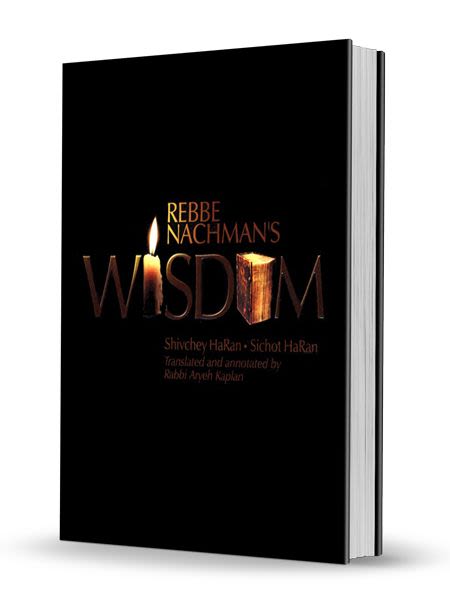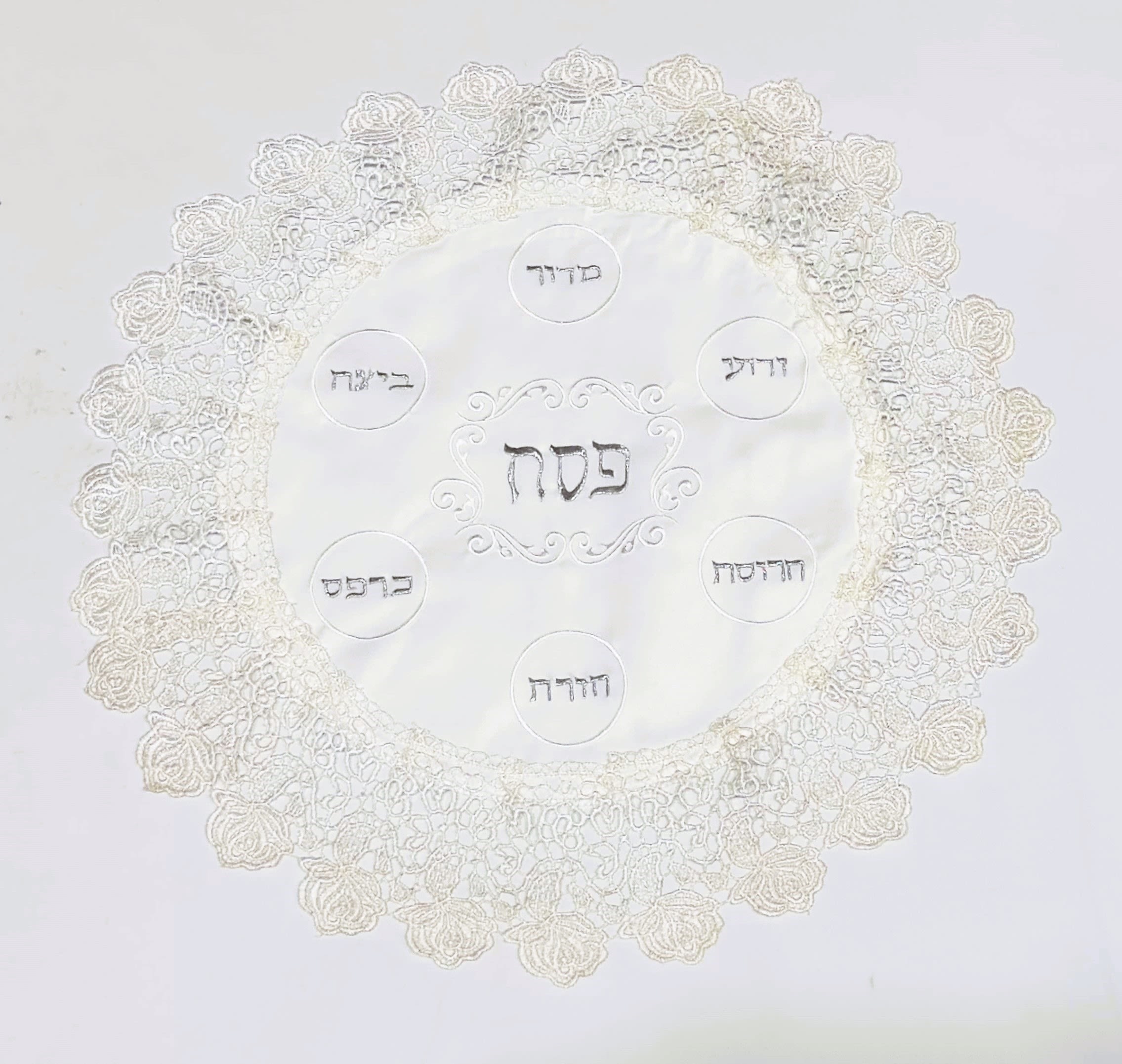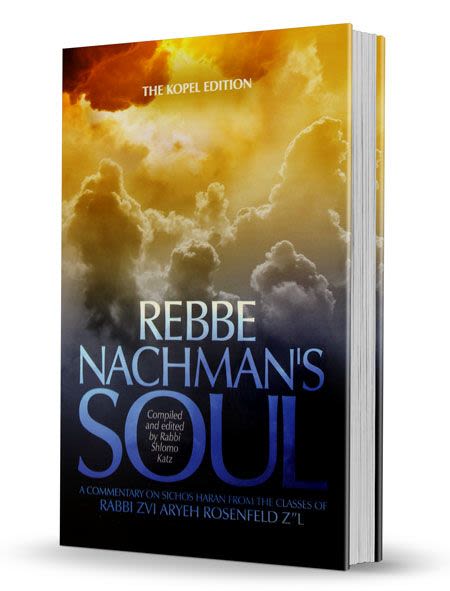
Mishpatim: Under Fire
Under fire, there's no time for discussion. The nations of the world have difficulty understanding how it's possible to "do"...

We shall do and we shall listen (Shmot 24:7).
The nations of the world have difficulty understanding how it's possible to "do", in other words, to implement a commandment, before they "listen" to the logic and the underlying rationale of the commandment. In such a frame of mind, they refuse to observe anything that goes against their thinking. In stark contrast, "We shall do and we shall listen" is the foundation of Judaism. Many people harbor the mistaken notion that one must be daft to "blindly observe" Hashem's commandments. But, for a faithful Jew, observance is never blind. A Jew with even a minimal measure of cognizance knows that The Almighty created the world; therefore, He alone knows what's best for the world in general and for each of His creations in particular.
Shlomo Hamelech (King Solomon), the wisest of all men, said (Mishlei 16:32), "Self control is greater than capturing a city." Self control means winning the battle with one's own evil inclination, or Yetzer Hara. The Torah offers us the only proven strategy to win the battle against the evil inclination, the most difficult battle of all. First, we must do what the Torah tells us to, and only afterwards, ask questions.
The following parable, with Hashem's loving help, will show why doing first and asking questions later the key to winning any war:
Fiodor was a young professor of philosophy at the revered University of Moscow. He believed in nothing except for the power of his own intellect. Even when someone told him that there's oxygen in the air, he wouldn't accept such a notion until he contemplated the intrinsic logic within such a statement. When war broke out between the Czar and Napoleon, everyone was drafted, including Fiodor.
In basic training, he nearly drove his commanders insane. When he was told to take his musket apart and clean it, he would ponder how much relative soot one gunshot would impart on the barrel; he would also question the logic of cleaning one's rifle after shooting, for soon, the rifle would become soiled again anyway. In this manner, Fiodor's professorial logic was none other than total ignorance, for an unclean weapon can jam and fail to function; in battle, he who fails to clean his weapon at every possible opportunity could lose his life because of a malfunction at a critical time.
As an infantryman, Fiodor was slow, dreamy, and ineffective. His commanders decided to transfer him to the artillery, where they could utilize his academic prowess to calculate the range and trajectory of the cannon fire. Fiodor passed his classroom studies with flying colors, and then on the practice range, directed canon fire superbly. He was now ready for the front, where the Russians were hard-pressed to repel Napolean's onslaught.
A sentry spotted the first French troops approaching from the distance. He raced to Captain Borisov, the battery commander. The Captain looked afar, and saw that the French regiment was fast approaching Smolensk. He estimated the distance as 2500 meters. The compass read 270 degrees, or due west. "Corporal Fiodor," he called, "make an urgent trajectory calculation for 2500 meters. Prepare to fire!"
"Excuse me, sir," said Fiodor, scratching his chin, "are you sure those are French troops?"
"Don't be daft, corporal! There are no Russian forces to the west of us! Calculate the range and trajectory, and fire immediately!"
"But, sir…" argued Fiodor, "Who says that the French army is coming here to fight?"
"Idiot!" yelled the Captain, "they've trampled all of Europe! They're not on their way to a tea party! They want to defeat the Czar and conquer Russia! Fire! Now!"
"I respectfully submit, sir, that since today is a cloudy day, and we cannot verify where the sun is, that maybe the direction from where those troops are approaching is not west at all; maybe it's east and they really are our own friendly Russian troops…"
Before Fiodor had a chance to complete his sentence, a volley of French cannonballs exploded right in the midst of the Russian artillery battery. Corporal Fiodor's philosophizing was the nail that sealed a score of Russian coffins.
* * *
In the middle of a war, there's no time for explanations or for philosophy. One must act now and ask questions later. In our war with evil, the stakes are high, for the Yetzer is a cruel enemy that wants to destroy us, Heaven Forbid. Observant Judaism is the only strategy for defeating the Evil Inclination. As King Solomon said, the war against one's Yetzer is much more difficult than the war against an armed enemy. Therefore, the principles of a military war are also effective in the spiritual war – naase v'nishma – we shall do and we shall listen; we must first do our duty, and then – only then – can we ask questions.
Rebbe Nachman of Breslov teaches that we must have "virtuous boldness" in our war against evil. May Hashem give us all the courage to stand fast against the Yetzer, and to bravely fulfill the Torah's commandments always.Amen.












Tell us what you think!
Thank you for your comment!
It will be published after approval by the Editor.